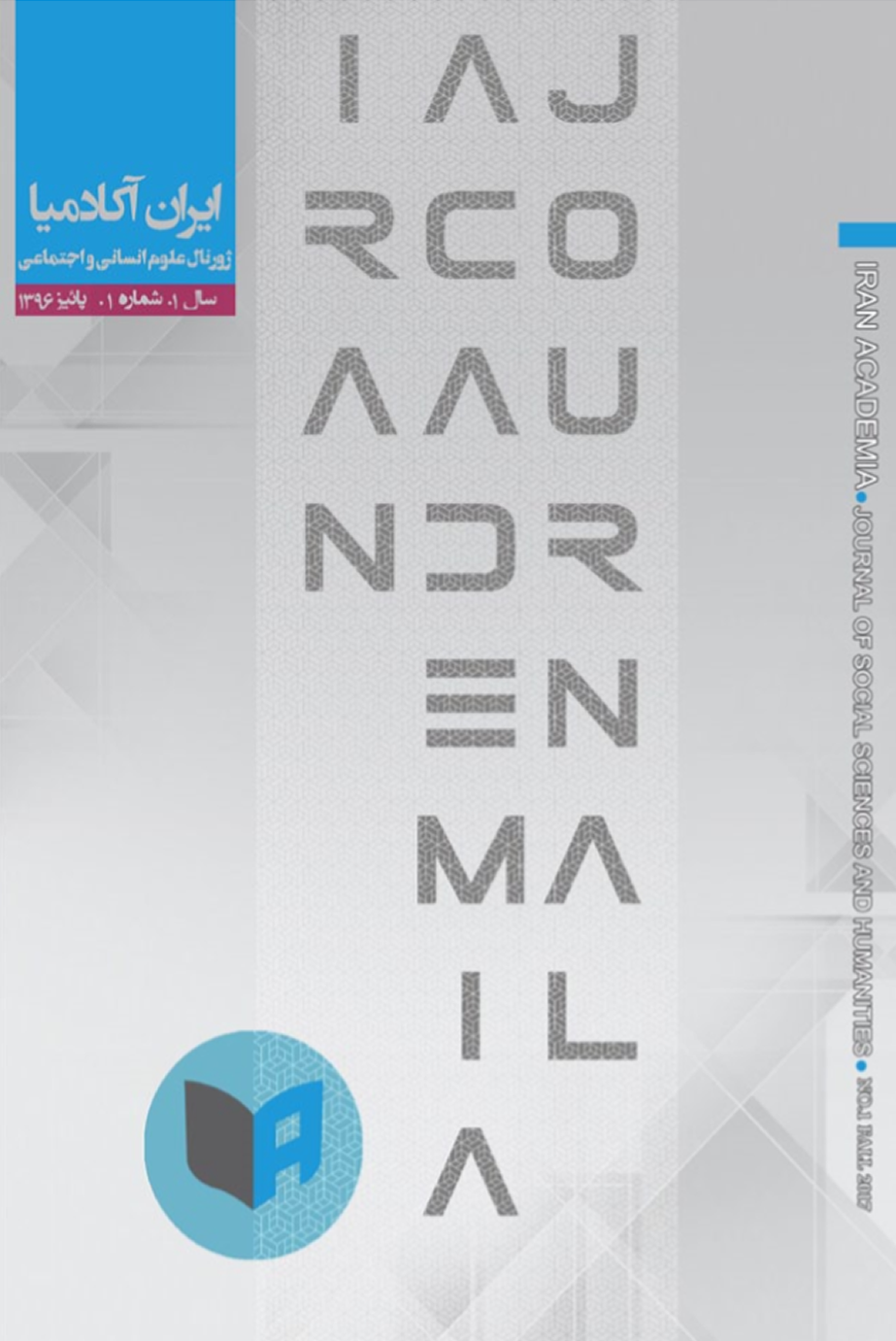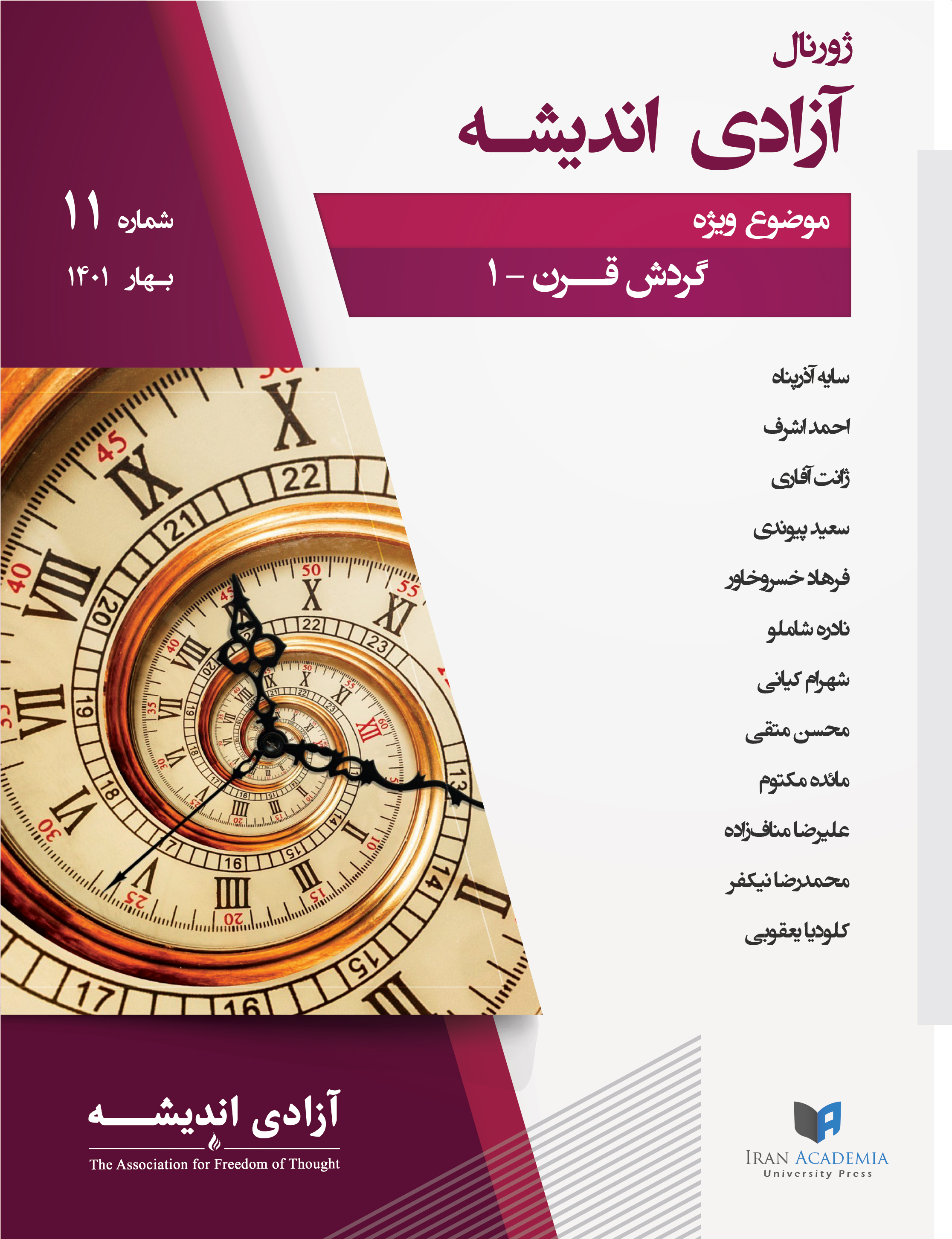انتشارات علمی-پژوهشی ایران آکادمیا انتشار ژورنالهای علمی را تسهیل میکند. بدیهی است که اصول و قواعد هر ژورنال توسط شورای دبیران آن ژورنال تعیین میشود و انتشارات ایران آکادمیا نقش تسهیل کننده در نشر و توزیع و نمایهکردن آنها را عهدهدار است.
ما با توسعه و پیاده سازی بالاترین استانداردهای فنی و روششناختی در سیستم مدیریت ژورنال، قصد داریم زمینه حضور آثار علمی فارسی را در سپهر ادبیات علمی بین المللی تسهیل کنیم. ازینرو تلاش میکنیم ضمن ایجاد فضایی کارآمد و پاسخگو برای نویسندگان و خوانندگان خود، محیطی امن و محترمانه برای گفتمان علمی فراهم کنیم.
در حال حاضر انتشارات ایران آکادمیا دو ژورنال علمی شامل ژورنال ایران آکادمیا و ژورنال آزادی اندیشه را منتشرمیکند. رئوس کلی انتشار مقاله در این ژورنالها را میتوانید در وبسایتهای این ژورنال ها در زیر مطالعه کنید.
ژورنالها
-
ژورنال ایران آکادمیا
ژورنال علوم اجتماعی و انسانی ایران آکادمیا از جمله محصولات آموزشی و علمی انستیو علوم انسانی و اجتماعی (ایران آکادمیا) در راستای همگانی کردن آموزش و مباحث علوم انسانی و اجتماعی است. این ژورنال بصورت دوفصلنامه است و بطور منظم هر تابستان و زمستان منتشر میشود و حاوی منتخبی از مقالات اساتید، پژوهشگران و دانشجویان در حوزههای مختلف علوم انسانی و اجتماعی است. ژورنال ایران آکادمیا بعنوان یک ژورنال دورهای علمی ثبت شده است.
-
ژورنال آزادی اندیشه
ژورنال آزادی اندیشه، ژورنال رسمی انجمن آزادی اندیشه است. نسخههای چاپی و آنلاین ژورنال، که یک دوفصلنامه دوزبانه است، دوشماره در سال به انتشار میرسند.
ژورنال آزادی اندیشه زیر نظر شورای دبیران فعالیت کرده و توسط انتشارات ایران آکادمیا منتشر میشود.
این ژورنال از خرداد۱۳۹۴ تا خرداد ۱۴۰۰، ۱۰ شماره منتشر کرده است و از خرداد۱۴۰۰ سیستم نشر آنلاین و چاپی خود را با معیارهای تماما معتبر علمی و همچنین ویژگیهای نشر دیجیتال به روز کرده، و با ساختار یک ژورنال دوزبانه علمی با دسترسی باز، به کار خود ادامه میدهد.
بیشتر بخوانید...




